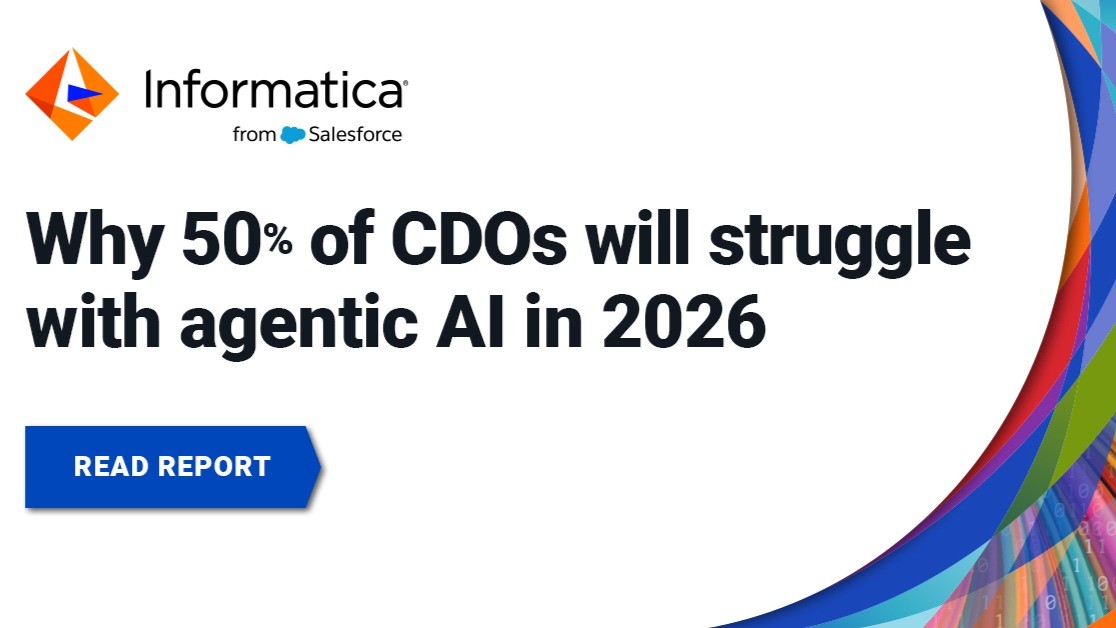The New Global AI Arms Race: How Nations Must Compete On Artificial Intelligence
2 July 2021
Most industries already recognize that artificial intelligence (AI) has the potential to create significant economic value – but government support and regulation can also bring the benefits of AI to citizens all over the world.

I recently interviewed Trung Ghi and Abhishek Srivastava, who co-authored an article called “The global AI arms race – How nations can avoid being left behind” about the global landscape for AI, and which countries are leading and lagging in the AI arms race. They also shared important insight for decision-makers and world leaders who want to gain a competitive edge in this critical race for AI growth.
Why AI Should Be Important to Governments
The ultimate goal for every nation should be growing a resilient economy, not just dominating within a specific region or attracting large corporations. Trung and Abhishek state:
“Artificial intelligence promises to have the same disruptive effect on today’s global economy as electricity in the 19th century…In the late 19th century, as electricity was being popularized, it became apparent that it required a new framework, as it was different to virtually every other commodity. Whoever mastered the engineering and economics of electricity would indelibly change the course of history….progress with transformative technologies was neither linear nor predictable. The benefits of electrification did not accumulate for early adopters, but for those who had identified how electrification could transform their societies within its existing context.”
AI is on track to transform countries and industries in a similar way. The countries that will reap the most benefit from AI are the ones that adopt strategies that build on a foundation of their existing local and global economic ecosystems.
“AI can contribute to or improve on almost every product, service, or infrastructure that countries are built on,” Abhishek says. “AI will lead to better products, and help you win with your products. Better AI enables you to offer a better customer experience, better features, and a lower price point. So leading governments understand this well, and are building infrastructure around it.”
Assessing Leaders
In their research, Trung and Abhishek assessed countries according to four primary factors:
- AI start-up activity: Includes investment in AI start-ups per capita and number of unicorns per million people.
- AI-related jobs: Percentage of jobs in the economy that are related to AI.
- Private sector AI adoption: Includes the level of AI adoption and the existence of funds committed to AI in the top 10 local listed companies.
- AI knowledge and skills: Includes university-led/funded incubators in the top 5 universities and the number of AI-related patents filed per million people.
Which Countries Are Leading the Global Arms Race?
Abhishek says, “When we look at these four dimensions, we see that China is putting a lot of effort into AI and building these capabilities. But in terms of private adoption, we were pleasantly surprised to see smaller countries like Israel and Singapore are taking a big lead. They are the crucible of the labs of the world, so to speak.”
The United States and China are also power players in the world of AI. Long-term, we know that more data leads to better AI, so the scale of China and the U.S. is going to play out with the amount of data they collect.
The U.S. also leads the way in designing algorithms and developing the next wave of AI tech. Because of that innovation, they are able to attract the best talent, which becomes a virtuous cycle for the country.
Within the private sector, Germany has a substantial amount of AI-related jobs, especially in SME and manufacturing.
Recommendations for Unlocking the Potential of AI
When I asked Trung about the policy levers that have the greatest impact for countries, and what nations can do to gain traction in the global AI arms race, he said:
“One of the things that I would say is the investments in R&D supports. The U.K., the Americas, and Canada started investing in AI a decade ago, and they’re reaping the benefits of it now. It’s almost business as usual in those countries – while those that are just emerging will really need to push a lot of the effort into how R&D is funded.”
Finding the right balance between sharing data and protecting data will also play an important role. If a country has draconian regulations about how data can be used, that can have a negative impact on how much AI will benefit a country – but privacy protections for data are also important.
Explore More Data About the AI Arms Race
Trung and Abhishek predict that although we’re currently in the midst of a global AI arms race, within the next 10 years, more and more AI applications will be ubiquitous and accessible to everyone – just like electricity in the 19th century.
Some countries will move faster than others, but AI will soon be quite pervasive – and that will translate into big economic benefits for countries that are paying attention and making the right moves in terms of AI.
To see this team’s in-depth research on the current leaders and laggers in the global arms race, read their full article. You can also view my full interview with them here:
Where to go from here
If you would like to know more about , check out my articles on:
- Are Alexa And Siri Considered AI?
- How To Put AI Into A Business To Accelerate Performance?
- What Is The Impact Of Artificial Intelligence (AI) On Society?
Or browse the Artificial Intelligence & Machine Learning library to find the metrics that matter most to you.
Related Articles
Why Reasoning Models Are The Next Leap In AI
By now, “smart” versions exist of just about every home appliance, gadget and gizmos we can think of. However, manufacturers continue[...]
The AI Trust Paradox: Why Confidence Is Rising Faster Than Readiness
By now, “smart” versions exist of just about every home appliance, gadget and gizmos we can think of. However, manufacturers continue[...]
Is The AI Job Apocalypse Real Or Overhyped?
By now, “smart” versions exist of just about every home appliance, gadget and gizmos we can think of. However, manufacturers continue[...]
The CEO AI Gamble: Why Half Of Business Leaders Believe Their Jobs Depend On Getting AI Right
By now, “smart” versions exist of just about every home appliance, gadget and gizmos we can think of. However, manufacturers continue[...]
AI Trust Paradox: Why Confidence Is Rising Faster Than Readiness
By now, “smart” versions exist of just about every home appliance, gadget and gizmos we can think of. However, manufacturers continue[...]
The 5 Most Powerful Agentic AI Browsers You Can Try Today
By now, “smart” versions exist of just about every home appliance, gadget and gizmos we can think of. However, manufacturers continue[...]
Sign up to Stay in Touch!
Bernard Marr is a world-renowned futurist, influencer and thought leader in the fields of business and technology, with a passion for using technology for the good of humanity.
He is a best-selling author of over 20 books, writes a regular column for Forbes and advises and coaches many of the world’s best-known organisations.
He has a combined following of 4 million people across his social media channels and newsletters and was ranked by LinkedIn as one of the top 5 business influencers in the world.
Bernard’s latest book is ‘Generative AI in Practice’.










Social Media